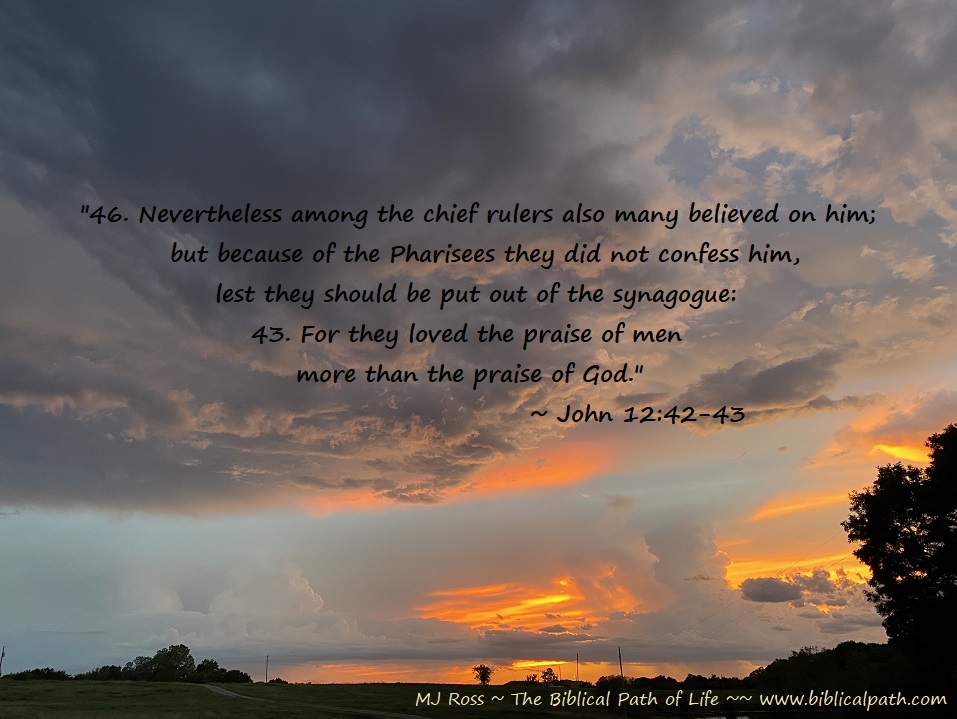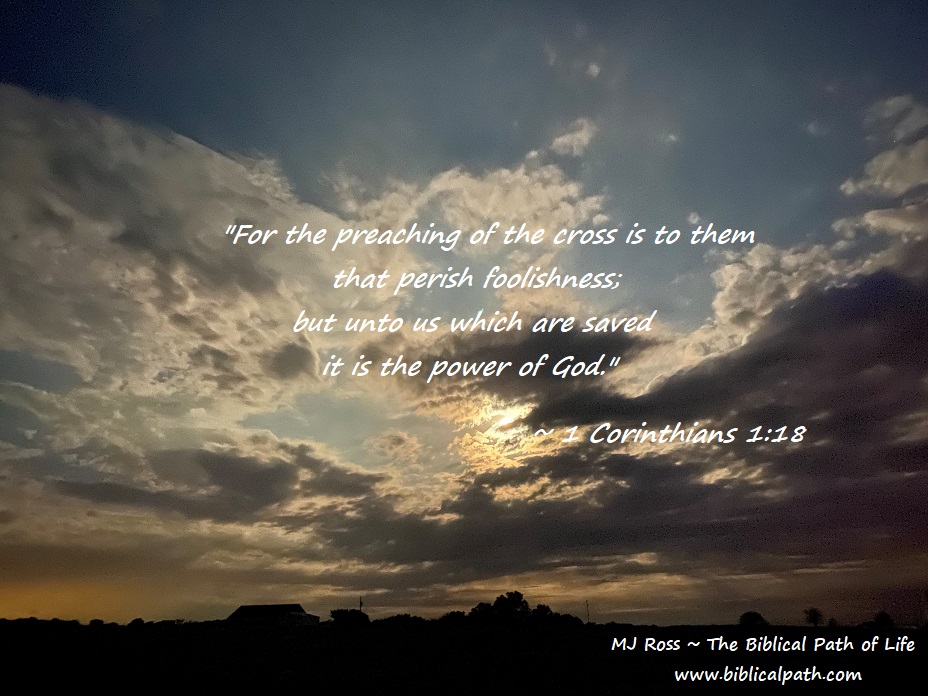
“That ye would walk worthy of God, who hath called you unto his kingdom and glory.”
1 Thessalonians 2:12
Often times when people begin a new year, they take evaluation of the previous year. Some people make what we call “New Year’s Resolutions”, hoping to improve their lives in the coming year. Instead of following a common tradition, consider the following thoughts.
If you profess Jesus as Lord of your life, what does this mean to you? Have you truly made Him “Lord” of your life? The word Lord means “supreme in authority, that is, (as noun) controller”. Is Jesus the supreme authority in your life? Is Jesus the controller of your life (thoughts, activities, etc.)?
Consider the following hymn written by Isaac Watts over 300 years ago. As you read, recognize that he understood the concept of living a life with Jesus as the Lord of his life.
When I Survey the Wondrous Cross
Author: Isaac Watts (1707)
“1. When I survey the wondrous cross
on which the Prince of glory died,
my richest gain I count but loss,
and pour contempt on all my pride.
2. Forbid it, Lord, that I should boast
save in the death of Christ, my God!
All the vain things that charm me most,
I sacrifice them through his blood.
3. See, from his head, his hands, his feet,
sorrow and love flow mingled down.
Did e’er such love and sorrow meet,
or thorns compose so rich a crown?
4. Were the whole realm of nature mine,
that were a present far too small.
Love so amazing, so divine,
demands my soul, my life, my all.”
Knowing that Jesus left His throne in glory to come to earth and take each one’s sin and punishment (upon that wondrous cross) should call all Christians to action. The final thought in this hymn should bring one to a time of reckoning within that heart: the least I can give to my Lord is my all – for I was bought with a great price.
After reading this hymn, see if any verses come to mind to help you understand the importance of truly living a life as one who understands that Jesus is to be Lord (supreme in authority and controller) of that life. I will give you a few to help you begin to think of verses calling you to make Jesus the actual Lord of your life:
“14. As obedient children, not fashioning yourselves according to the former lusts in your ignorance: 15. But as he which hath called you is holy, so be ye holy in all manner of conversation; 16. Because it is written, Be ye holy; for I am holy” (1 Peter 1:14-17). (It would also be good to read the short books of 2 John and 3 John four encouragement.)
“19. What? know ye not that your body is the temple of the Holy Ghost which is in you, which ye have of God, and ye are not your own? 20. For ye are bought with a price: therefore glorify God in your body, and in your spirit, which are God’s” (1 Corinthians 6:19-20).
“That ye would walk worthy of God, who hath called you unto his kingdom and glory” (1 Thessalonians 2:12). Also check out Romans 8:5-8 to remember to be spiritually minded.
The Bible is full of verses to encourage Christians to make Jesus the actual Lord of one’s life.
Have you contemplated your live and found ways to genuinely make Jesus the rightful Lord of your life?






